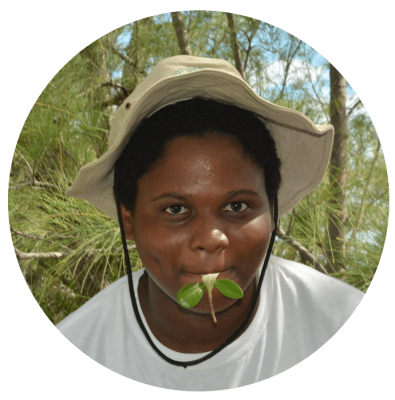
B.A.M. Student Voice
Previously, you heard the voice of the students in our J.A.M.I.N. program. Now it’s time to hear how the students in The Bahamas feel about our B.A.M. program. B.A.M. Year 1 Program “This program has been the best

Previously, you heard the voice of the students in our J.A.M.I.N. program. Now it’s time to hear how the students in The Bahamas feel about our B.A.M. program. B.A.M. Year 1 Program “This program has been the best
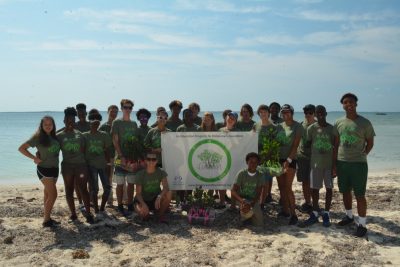
Want to know what outdoor education looks like in the Bahamas and Jamaica? Well, now you can see for yourself by watching Inside the Mangrove Classroom, a film that portrays our Bahamas Awareness of Mangroves (B.A.M.) and Jamaican Awareness of

Throughout the B.A.M. and J.A.M.I.N. programs, we evaluate the program by surveying students in each of the three phases. We use this information to gage how much information the students initially know regarding mangroves and their attitudes towards them before
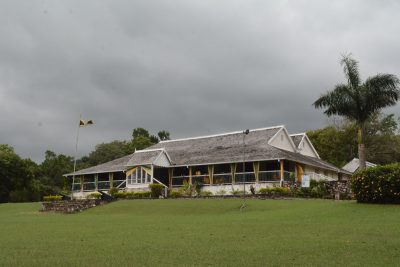
This past year in collaboration with the University of the West Indies Discovery Bay Marine Lab, we partnered with Seville Heritage Park to deliver the J.A.M.I.N. program to students in St. Ann’s Bay, Jamaica. The partnership with Seville Heritage Park
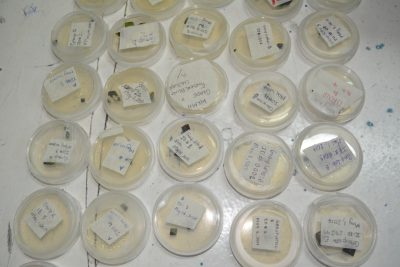
Sometimes no matter how much we try to schedule activities during our Mangrove Education and Restoration Programs, there are unforeseen events that arise at the schools. That is exactly what occurred during phase 2 of the J.A.M.I.N. program. Due to
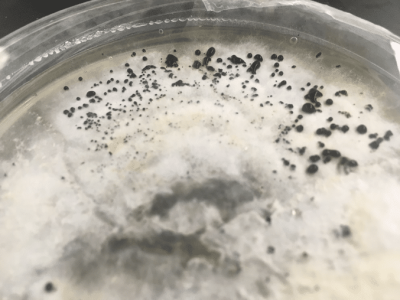
By Ryann Rossi Since I started researching mangrove disease in The Bahamas, I have become really interested in looking at other Caribbean nations to determine if they too have disease present. When I first started talking to Amy Heemsoth, Education

When you walk up to the front of William Knibb Memorial High School you see the faces of the past and present looking down at you. Amongst the portraits on the wall are Jamaican National Heroes and other notable individuals
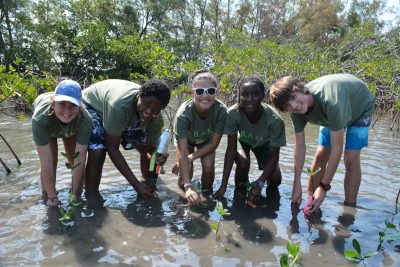
We reached the end of the school year in parts of the Americas. I can’t believe I’m already returning to the Caribbean to wrap up our Mangrove Education & Restoration programs (B.A.M. and J.A.M.I.N.) in this third and final installment. For the past
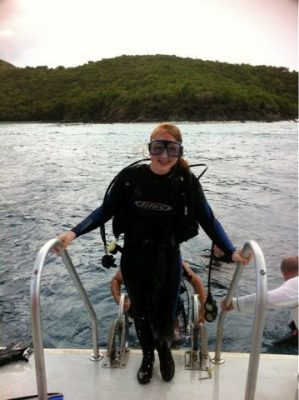
Maggie Dillon is a Science and Education Intern for the Khaled bin Sultan Living Oceans Foundation (KSLOF). She is a senior at St. John’s College in Annapolis Maryland. After graduating, Maggie is interested in pursuing a Master’s Degree in
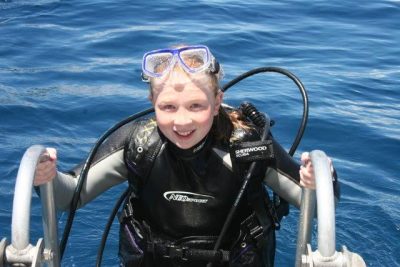
Maggie Dillon is a Science and Education Intern for the Khaled bin Living Oceans Foundation (KSLOF). She is a senior at St. John’s College in Annapolis Maryland. After graduating, Maggie is interested in pursuing a Master’s Degree in Marine